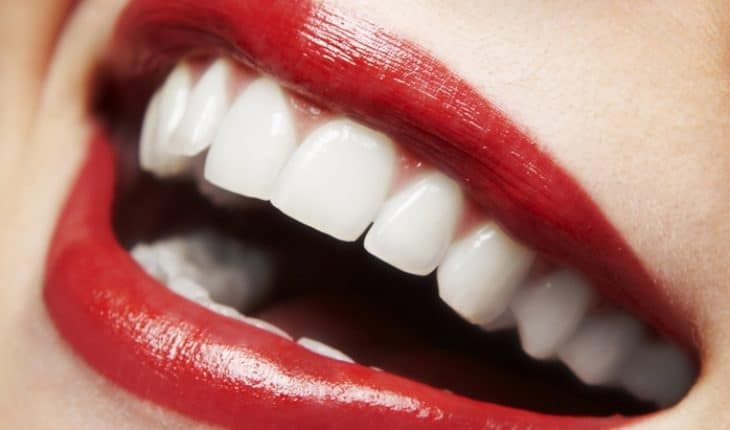A new study has found that people with gum disease are around twice as likely to have a stroke.
Researchers have discovered when the gums bleed and become inflamed, it leads to changes in how blood and oxygen flows to the brain.
Gum disease remains one of the most common health conditions across the United Kingdom, currently affecting around 45% of the adult population.
In response, the Oral Health Foundation is encouraging everyone to ensure they pay close attention to their oral health. The charity says a good oral health routine can reduce your risk of developing gum disease and other health complications.
Dr Nigel Carter, Chief Executive of the Oral Health Foundation, says: “Gum disease is incredibly common and most people will suffer from it during the course of their lifetime. It is the one of the main causes of tooth loss in adults and is increasingly being linked to other general health conditions like heart disease, diabetes and some forms of dementia.
“All gum disease is caused by plaque which forms on the surface of the teeth every day. The good news is that this can be managed with a simple daily routine. You need to make sure you remove all the plaque from your teeth every day. This is done by brushing twice a day with a fluoride toothpaste and cleaning in between the teeth with ‘interdental’ brushes or floss.
The new study, which also examined more than 2,000 previous studies into the area, supports previous studies that have linked a heightened stroke risk with gum disease.
The Stroke Association estimate that over 100,000 strokes occur in the UK every year. Around the Christmas period there is an elevated risk of strokes and heart disease making this link even more relevant in the build up to the festive season.
Gum disease is more likely to occur as you get older while its severity also gets worse with age.
Smokers also experience worse levels of gum disease and diabetics are particularly prone to gum disease.
“The first signs of gum disease is when the gums start to bleed,” adds Dr Carter.
“You might see blood on your toothbrush or in the toothpaste you spit out after cleaning your teeth. It could happen when you are eating, leaving a bad taste in your mouth. Alternatively, your breath may become unpleasant.”
If you have bleeding gums, the first thing to do is visit your dental team for a thorough check-up of your teeth and gums.
They will measure the ‘cuff’ of gum around each tooth and might give you an x-ray to check if any bone has been lost. This assessment is very important, so the correct treatment can be prescribed for you.
For more information about gum disease, visit www.dentalhealth.org.
- Gut microbiome could delay onset of type 1 diabetes - 3rd April 2025
- The da Vinci 5 Robot Is Set To Transform Bariatric Care: - 31st March 2025
- Beyond money: the hidden drivers fuelling child food insecurity - 31st March 2025






